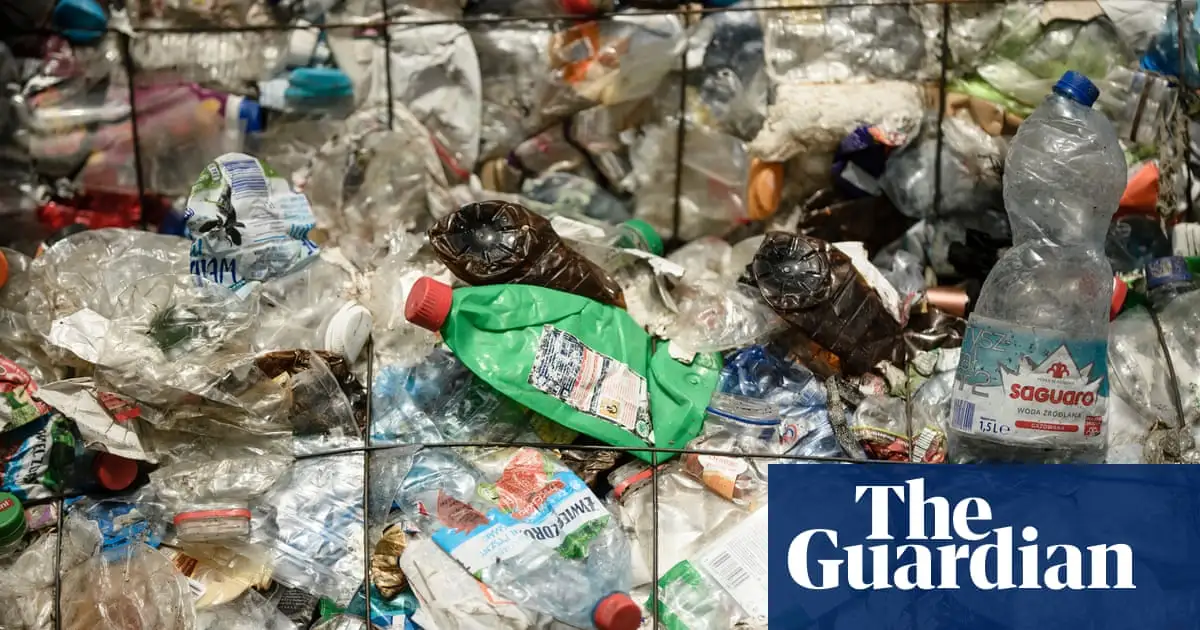Closed loops are a pretty steep expectation. I'm pretty sure (with no evidence to back me up) with the amount of importers, suppliers, manufacturers, retailers in the supply chain for a product on a shelf, it would be a costly proposition to attempt closed loop.
More costly than using a system of levys to promote behavioural change. Which is the idea behind the system i's suggesting in the previous comment.
Its about changing the system for the better to generate the fewest negative externalities possible. If a closed loop increases costs more than a system of levys, then everyone will be squeezed more than necessary to get the same result, making negative externalities, like black markets, fraud, more likely than they need be.
Cigarettes in Australia are a great example of this in action. There is a black market for Cigarettes here because they are so expensive from the retailers, but the barriers to widespread black market adoption are still perceived as too high for the greater majority of smokers. The result is a small black market, which will almost always exist for any product you can think of, but the government has tightened the screws on smokers in the public market to make it as uncomfortable process as possible for the sale and purchase of Cigarettes. Until the introduction of younger generations vaping, and the lack of younger generations similar experiences with Cigarettes ill effects, the policy position led to a hard disincentive that worked to decrease smoking rates. But, as always, time and creativity need a reaction that we are still trying to get right.

